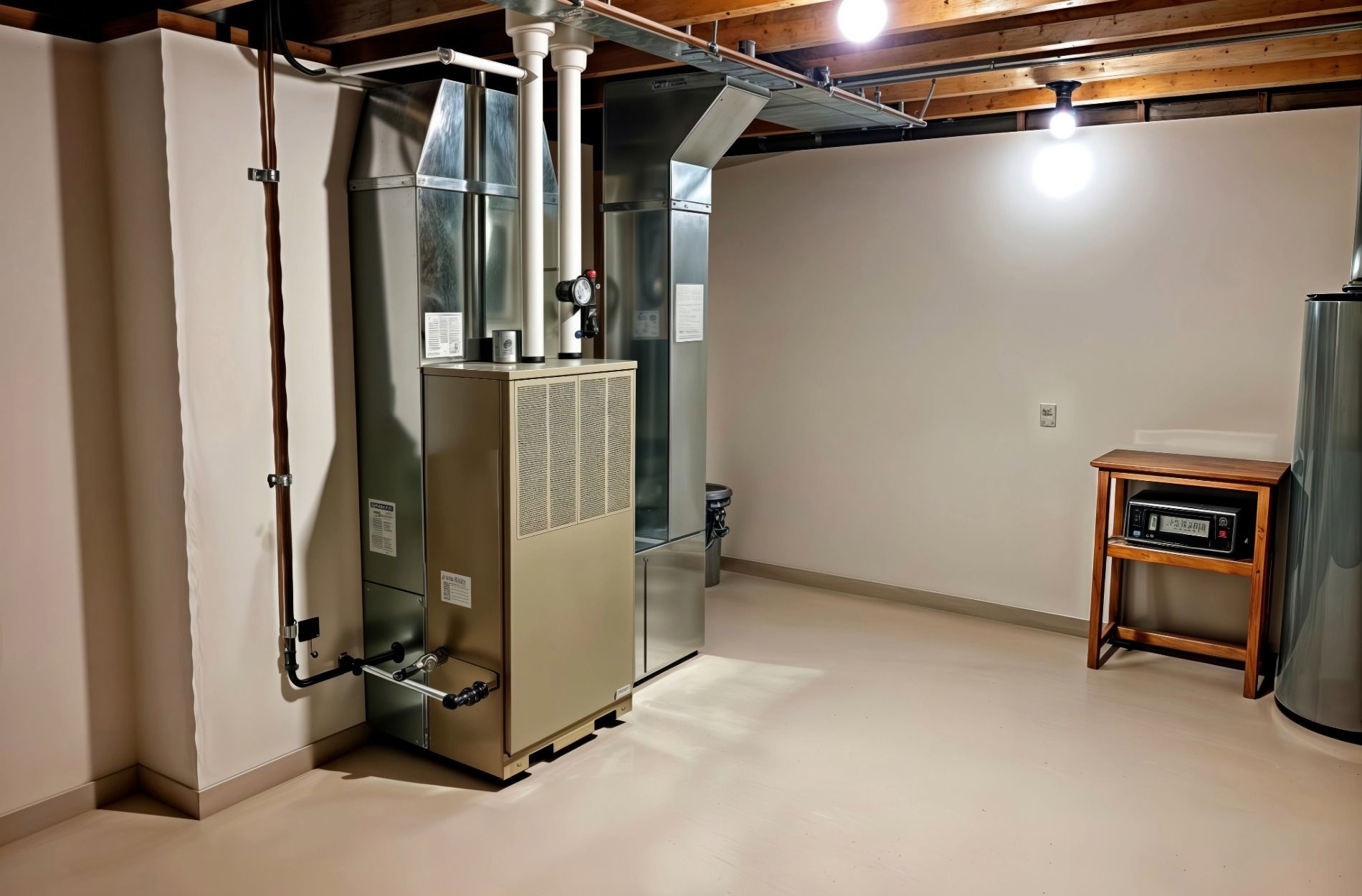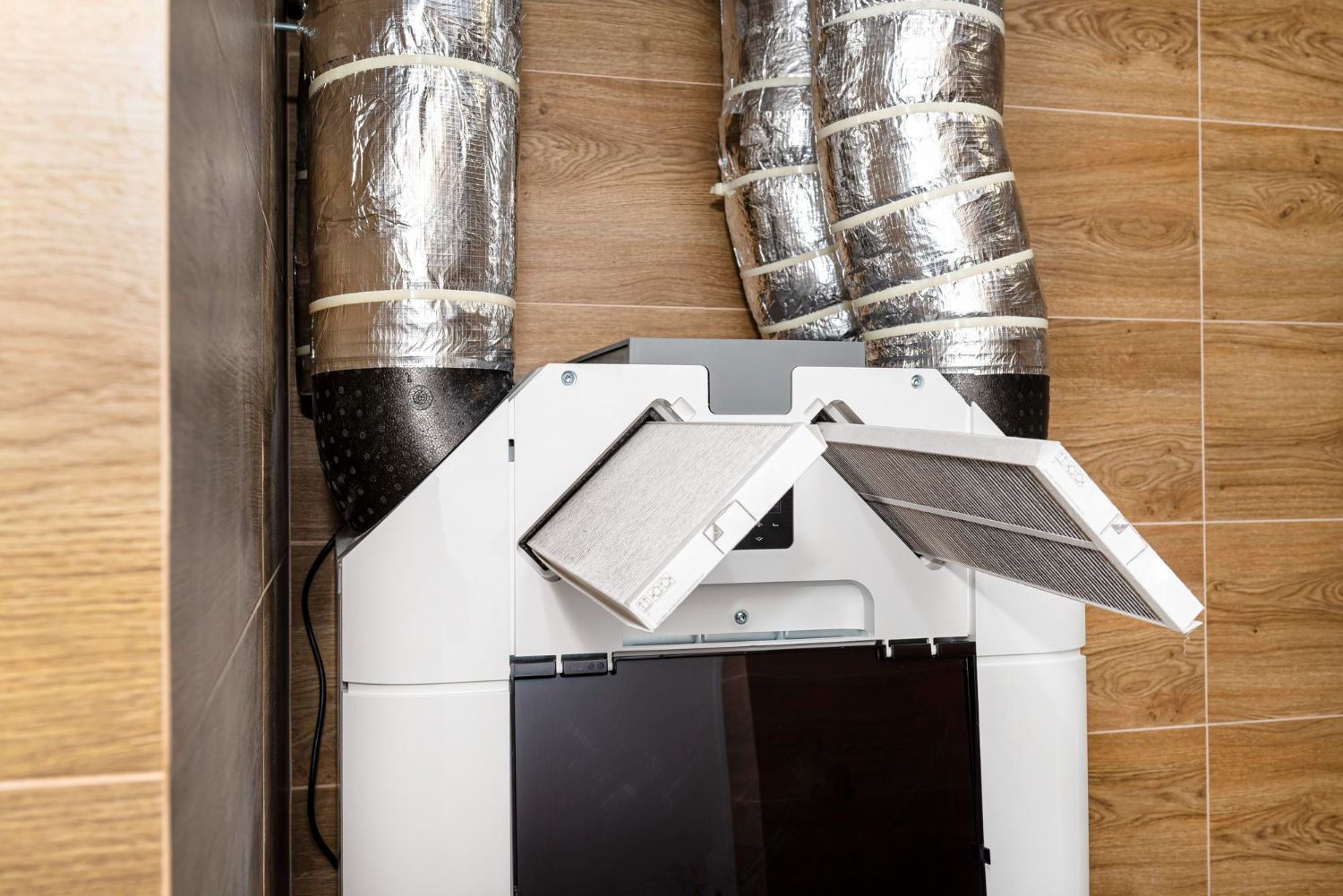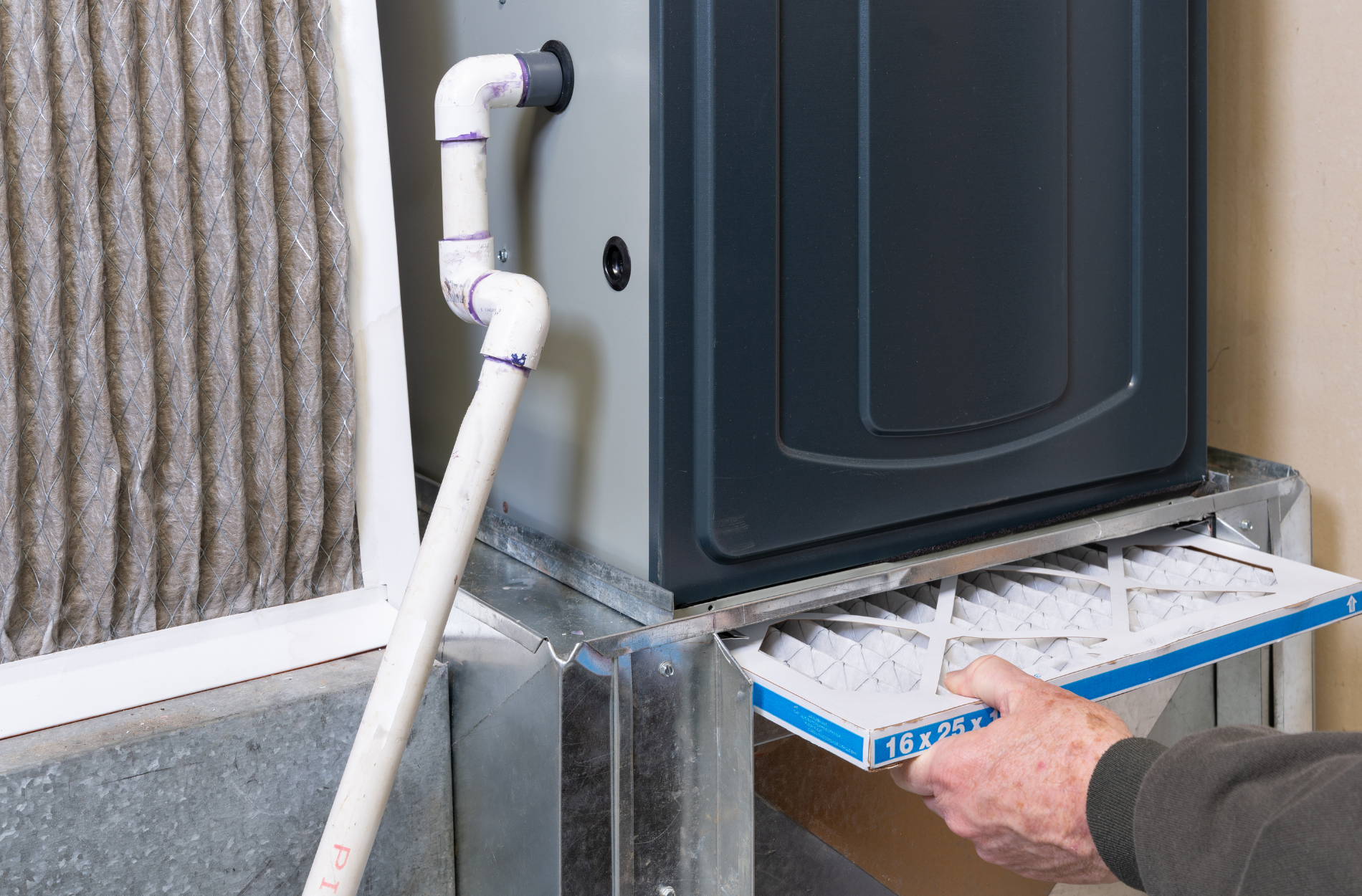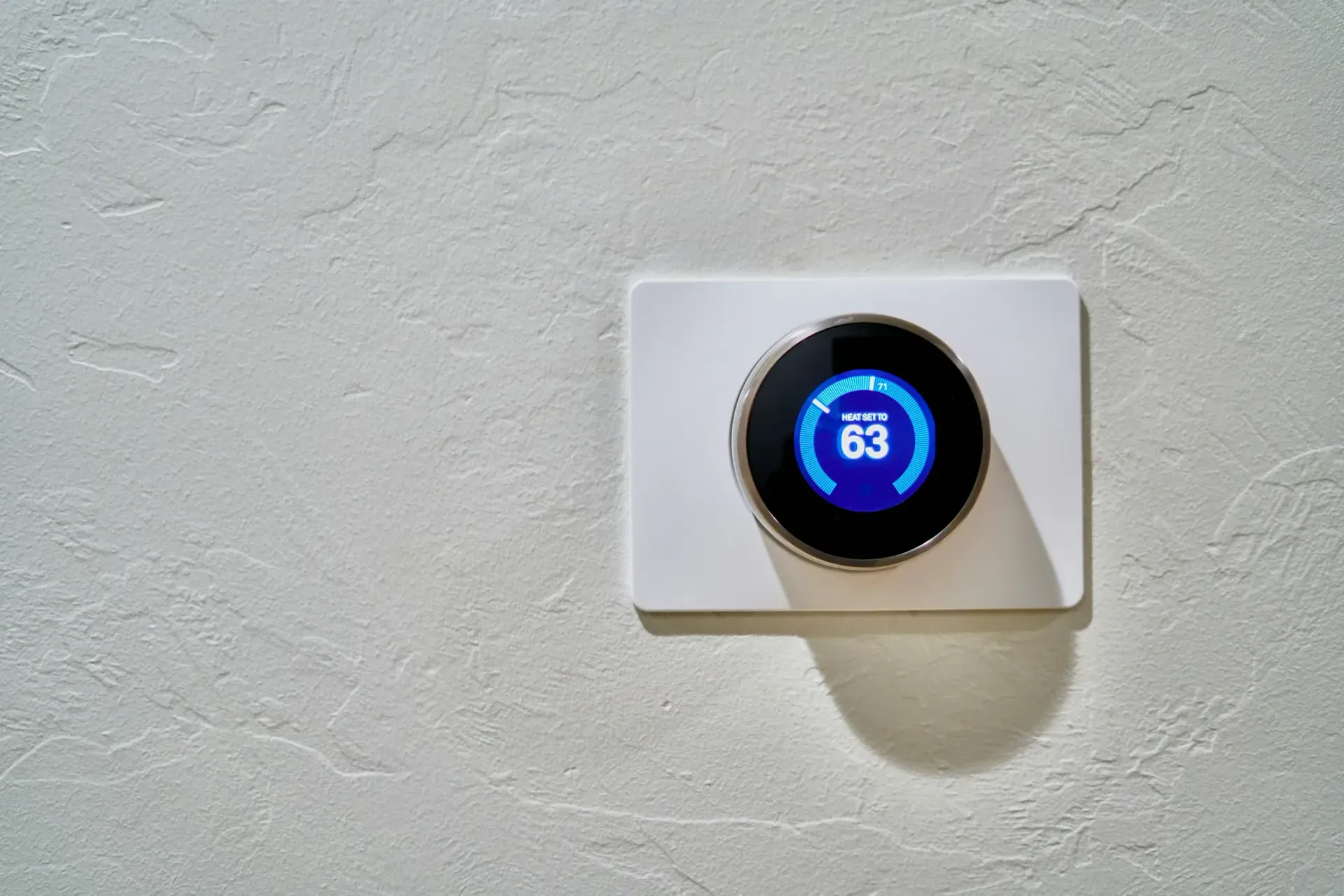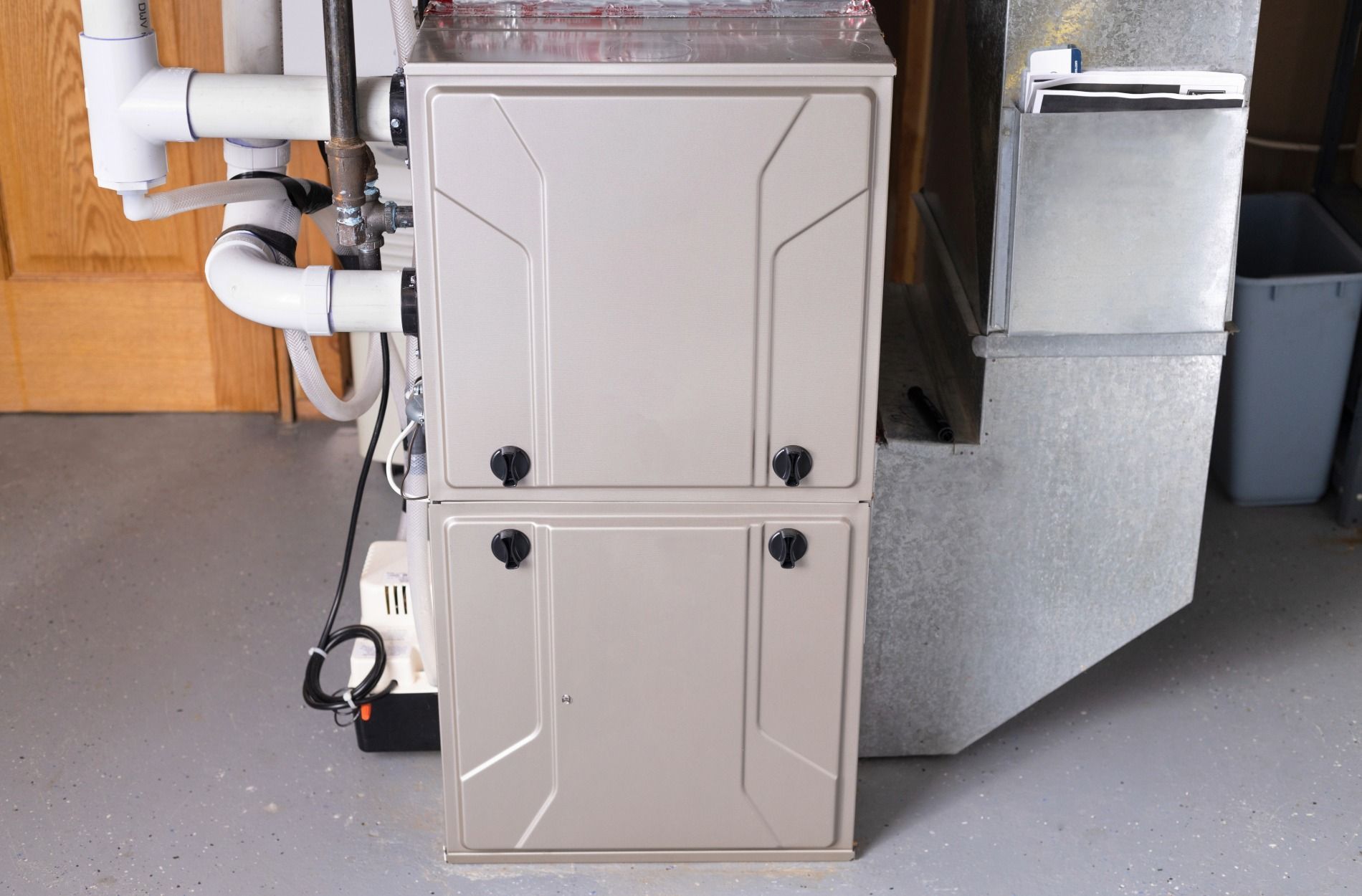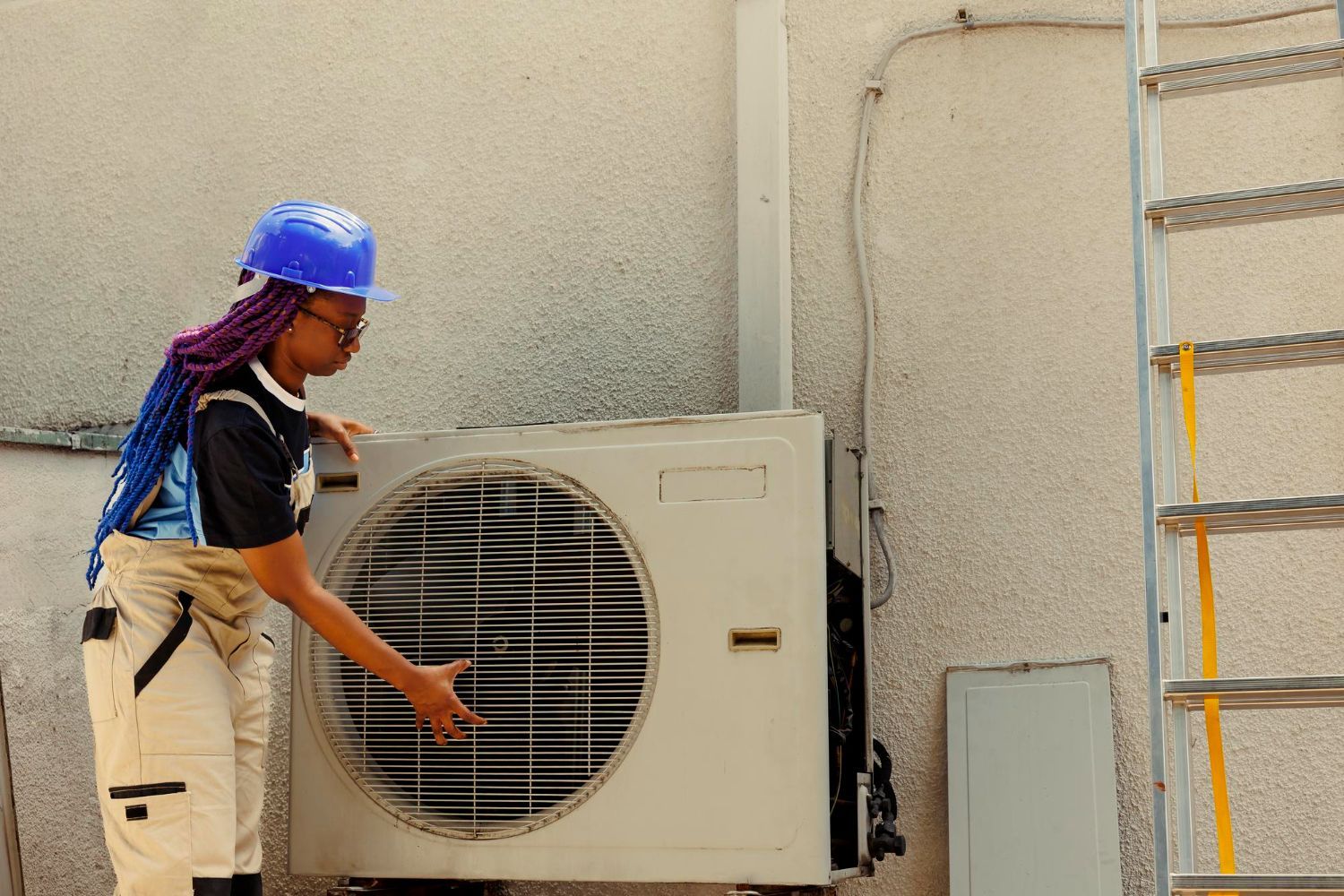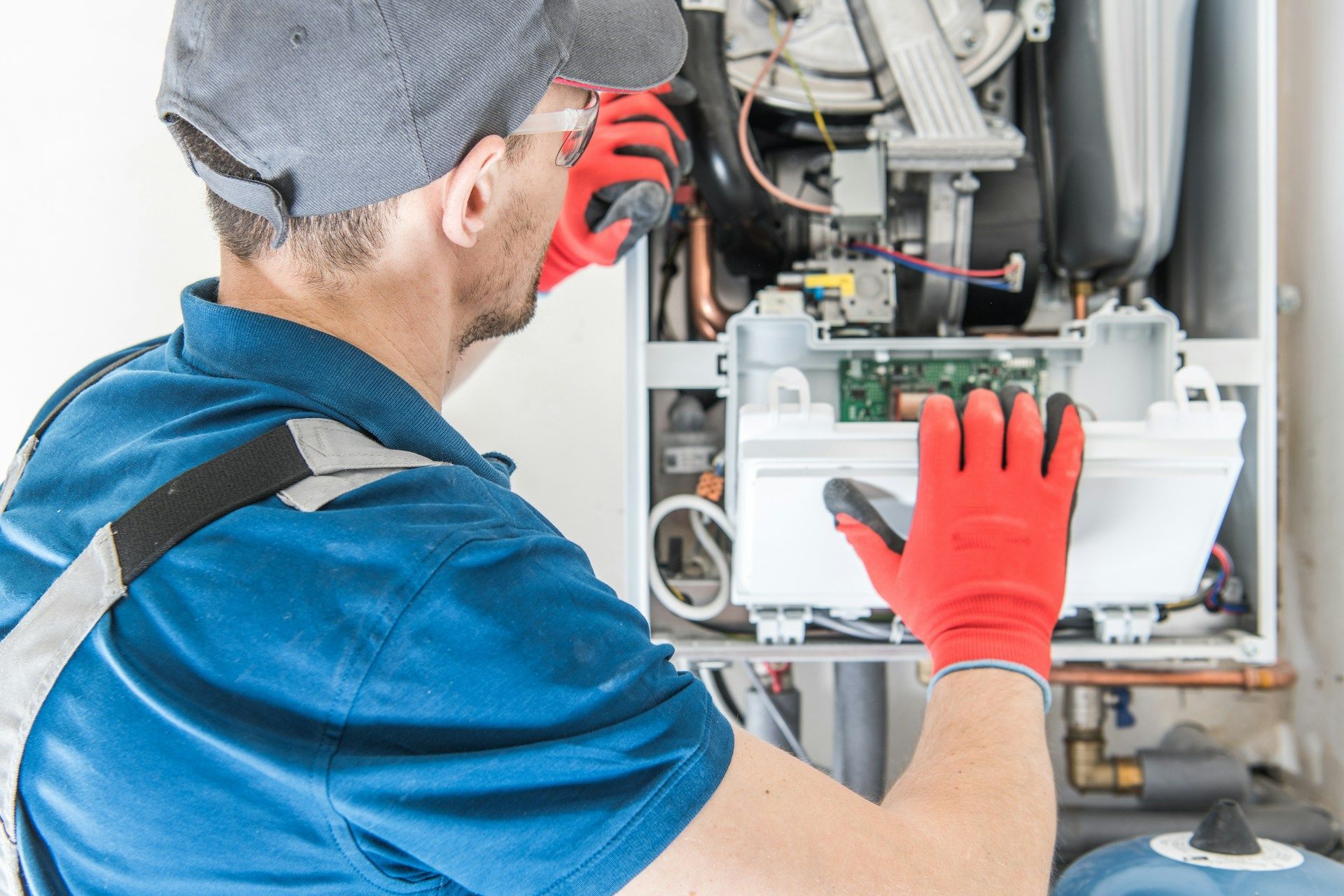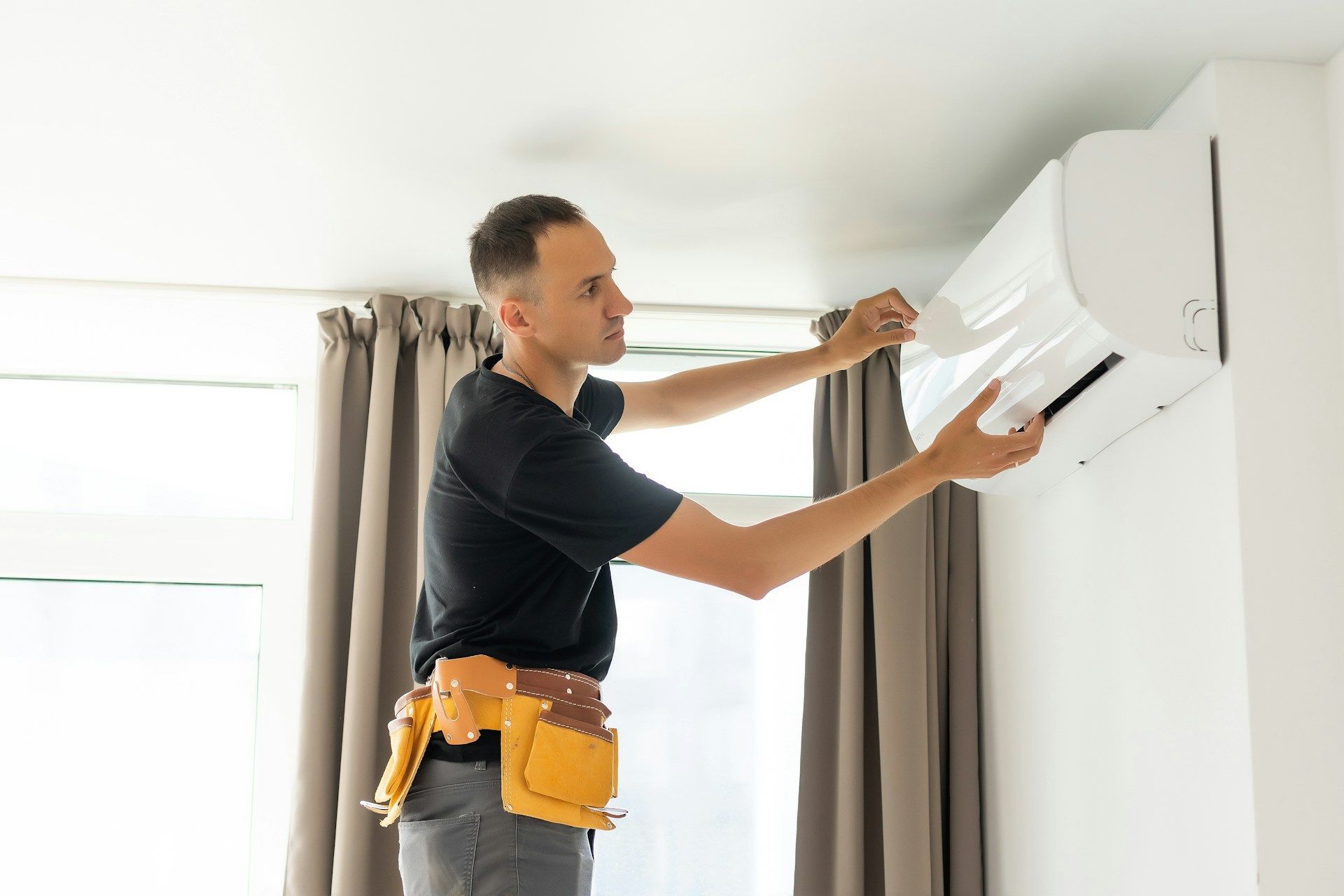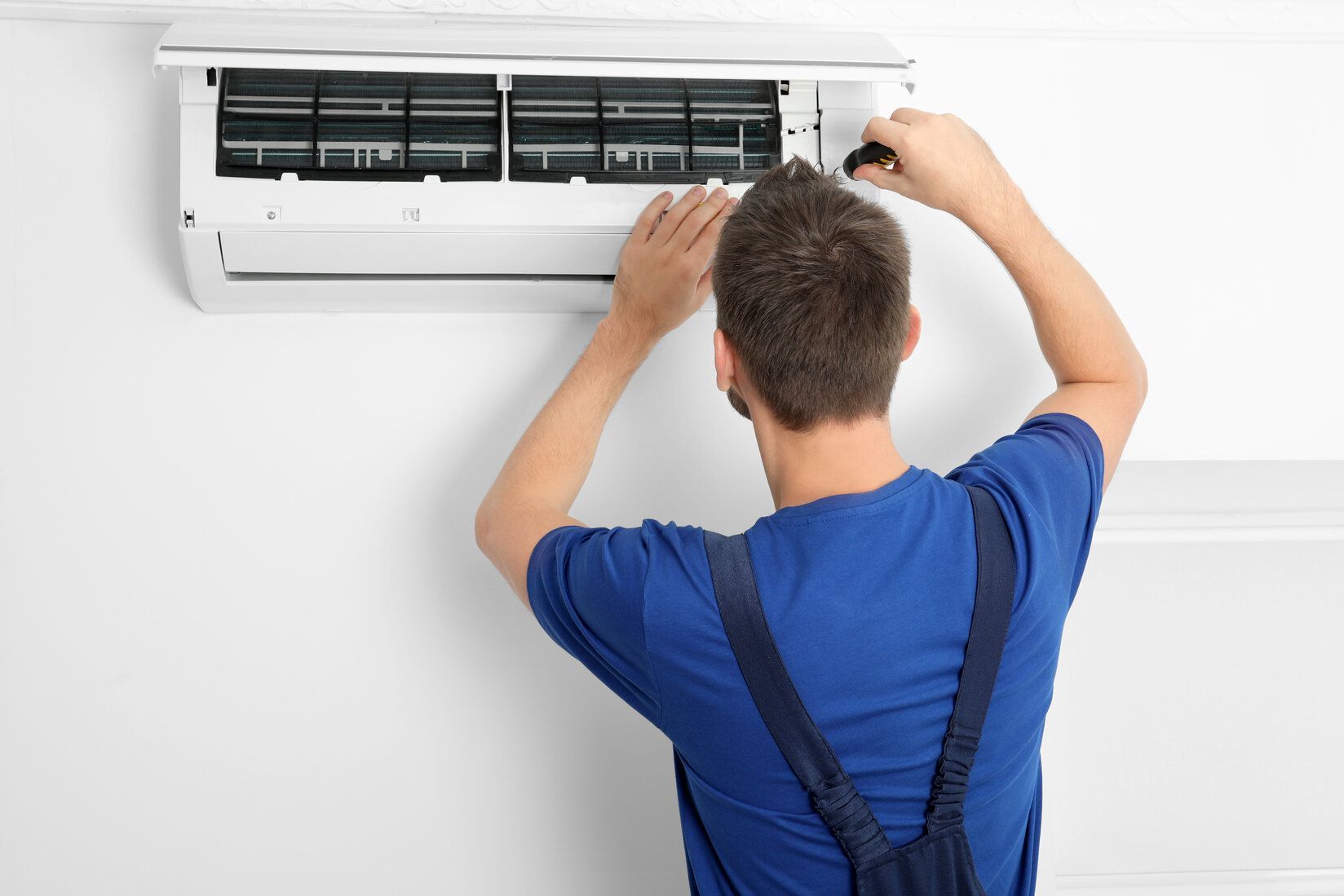How to Improve Your Indoor Air Quality and Reduce Allergens in Your Home
Whether you have asthma or you're concerned about the respiratory health of your family, air quality matters. Fortunately, there's plenty you can do to breathe cleaner air at home. Follow these indoor air quality tips to reduce the harmful particles in your home's breathable air.
Why Will Air Filter Changes Affect Indoor Air Quality?
HVAC air filter changes are important because the air filter is one of your home's best air purification systems.
A clean filter catches pollen, pet dander, and many more contaminants that affect indoor air quality. It also captures unseen contaminants, such as illness-causing bacteria. To enjoy these effects continuously, change the air filter every 30 days.
Consider More Frequent Duct Cleaning
If your HVAC system uses ductwork, your indoor air quality issues might start above your head. While an air purifier will help, consider more frequent air duct cleaning. Your ducts might collect dust and contaminants at a faster rate. Regular air duct cleaning will remove visible and unseen pollutants before they enter your living spaces.
Check Your Indoor Humidity Level
People often overlook humidity when thinking about indoor air quality. The moisture in your home is a vital consideration when boosting respiratory health. High humidity in your living spaces can lead to unseen mold growth. Once mold spores start to spread, they can cause infections and other serious conditions.
Your AC has dehumidification capabilities, but it might need extra help. Consider installing a whole-house dehumidifier.
Maintain Consistent Air Circulation in Your Living Spaces
There's a common myth that keeping the same air trapped in a home means fewer allergens and pollutants in the breathable air. Those harmful particles will continue to build up when stagnant air has no exit route. Before long, you'll notice a significant decrease in the quality of your indoor air.
Even if you can't open your home's windows, look for other options to boost air circulation. For instance, run ceiling fans or set your thermostat to the ‘fan only’ setting. Run the fan setting anytime the air starts to feel stagnant or stale. Alternatively, boost air circulation when you notice an increase in asthma or allergy symptoms.
Will a Whole-House Air Purifier Help My Allergy Symptoms?
Yes, whole-house air purifiers will help with allergies, asthma, and other respiratory conditions. Even if you don't suffer from a specific condition, installing a whole-house air purifier will give you cleaner indoor air quality. It will remove the contaminants in your home's indoor environment.
The quality of the system will affect your indoor air quality. Most systems use HEPA filters to trap visible allergens and unseen bacteria. More advanced systems use carbon filters to block odor-causing particles. The type you choose will depend on your air purification needs.
Turn to the Air Quality Experts for Extra Help
When you work with Premier Systems, we'll use our expertise to assess your indoor air quality. From there, we can recommend an air purifier, dehumidifier, or HVAC tune-up services. We'll help ensure you're breathing the cleanest air possible. Contact us to get started.

